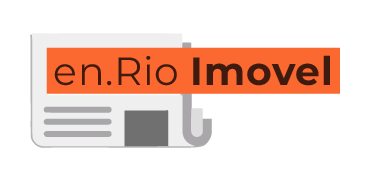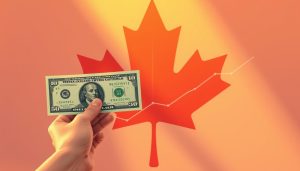In today’s fast-paced world, knowing about personal finances is crucial. Good money management begins with understanding financial basics. This knowledge helps people make smart choices for their financial future in Canada.
This article will cover key points of personal finance. You’ll learn about budgeting, saving, and managing debt. These tips will help you make better financial decisions.
Understanding Personal Finances
Personal finances include income, expenses, savings, investments, and managing debt. Knowing these areas well is key to good financial planning. It helps to see how much money comes in and goes out. This knowledge lets people make smart choices about saving and investing.
Being financially literate is very important. It gives people the tools to understand their money situation and tackle problems with confidence. By using educational resources, Canadians can improve their financial knowledge. This leads to better ways to handle their money.
Budgeting Basics
Creating a budget is key to managing your money well. It’s important to track both what you earn and what you spend. This helps you see where you can save money or spend less.
Knowing how to plan your finances is crucial. It lets you set goals that match your budget. Whether it’s saving for a trip or a big purchase, having clear goals helps.
Setting realistic goals is vital. These can be short-term, like saving for a vacation, or long-term, like buying a home. Achievable goals motivate you to stay on track.
There are many budgeting methods to try. The envelope system and the 50/30/20 rule are popular. They help you spend wisely and save regularly.
Saving Effectively
Effective saving strategies are key for improving personal finances. Starting an emergency fund that covers three to six months of expenses is crucial. This fund acts as a safety net during unexpected times and helps secure your financial future.
Looking for ways to cut expenses can help save more money. Reviewing your spending regularly can show where you can save. You might cut down on monthly subscriptions, eat out less, or shop with a budget.
Exploring different saving options is important. High-interest savings accounts can help your money grow faster. Financial tools from places like the Canadian Bankers Association can also boost your savings. By using these strategies, you can work towards a more secure financial future.
Managing Debt Wisely
It’s important to know the different types of debt to manage them well. People often have student loans, credit cards, and mortgages. Each debt has its own impact on your finances. Understanding these can help you plan how to pay them off.
Choosing the right debt repayment strategy is key. The snowball method pays off small debts first, building momentum. The avalanche method targets high-interest debts, saving money over time. Good financial planning means having a clear plan for managing these debts.
Keeping a good credit score is vital. Paying on time and borrowing wisely help improve it. It’s smart to check your credit reports often and see how your debt affects your score. This knowledge helps in making better financial choices.
Planning for the Future
Planning for the future is key to financial stability. It means making smart plans for retirement. This way, you can enjoy your golden years without worrying about money.
Using Registered Retirement Savings Plans (RRSPs) and Tax-Free Savings Accounts (TFSAs) helps a lot. These tools are great for Canadians wanting to save for retirement. Knowing about them is important for good financial knowledge.
Investment planning is also crucial for a strong financial future. It’s important to spread out your investments to reduce risks. By choosing the right mix of assets, you can protect your money and grow it.
As Canadian Retirement Income Planning and Investors Group show, a good investment plan is essential. It helps make your retirement successful.
In short, learning about money is the first step to smart retirement and investment planning. Stay up to date with market trends and investment chances. Using RRSPs and TFSAs and diversifying your investments can make your retirement secure and happy.




